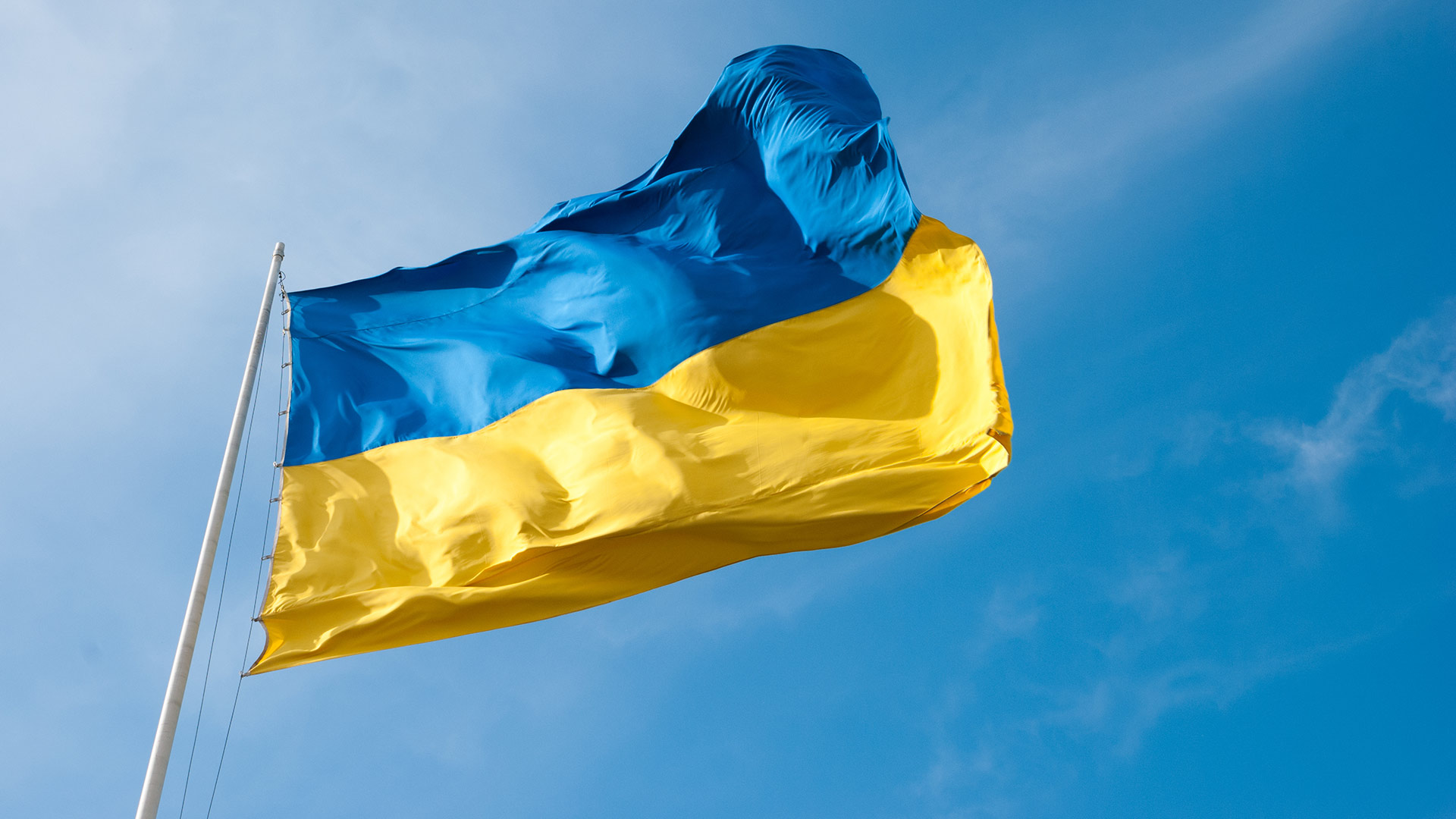Corporates need be careful in the steps they take to mitigate the impact of international sanctions against Russia on their operations domestically and overseas.

There are many factors that affect the ability of a company to do business in or with specific markets. A military conflict might be at the extreme end of the scale but as the CBI observes, companies doing business with countries subject to sanctions must accept the risks of doing so, just as they accept other political and market risks.
It is also true that Russia and Ukraine are not major export markets for the UK, although British firms are estimated to have direct investments in Russia worth £11bn.
The first step corporates with links to Russia should take to minimise the impact of sanctions on their business is to identify what kind of exposure they face.
“If the exposure is related to operations in Russia, they need to determine whether operations are expected to be interrupted and what can be done to ensure continuity,” explains Peter Klein, co-founder and CTO of treasury fintech FinLync.
If in-country funds are required to continue operations, corporates should try to pre-fund before restrictions are fully in place or seek out alternative vendors that don’t have any interaction with restricted banks.
According to FinLync, corporates should contact suppliers to discuss new payment terms, leveraging less volatile currencies and financial institutions located in unsanctioned countries where possible. They should also inform banking partners of any plans to draw on credit lines and assess whether these lines need to be extended or renewed.
Employees whose salaries are delayed or blocked as a result of banking sanctions are entitled to stop work until they are paid. Alternative payment methods include pre-paid credit cards, but corporates must ensure that whatever option they choose is compliant with the terms of existing sanctions.
Employment law firm Littler Mendelson notes that temporary lay-offs or permanent dismissals must be made in compliance with Russian employment laws to avoid the possibility of personal civil and criminal liability in that country.
It is also important to consider whether companies will be able to sell/transfer goods produced in Russia even if they can be produced. “Corporates should identify the shelf life of products if there is a risk that the product cannot be sold immediately or will not be marketable when released/available for sale,” adds Klein.
If the exposure is related to goods or materials from Russia that are required for operations, corporates should look to alternative suppliers to meet demand. And if they need to move money out of Russia, they should identify whether there are excess cash reserves they need to consider getting out of the country.
So how do the problems faced by corporates with links to Russia differ from those faced by companies with ties to other countries that have been subject to international sanctions?
The first point to make is that the reliance on Russia by the sanctioning countries – including the UK – is higher than for previous countries which have been hit with international sanctions, such as Iran. “Having to rely on half measures due to the reliance on Russian energy makes the intended effect of the sanctions much more difficult to achieve,” says Klein. “Banks which handle energy transactions do not solely handle transactions involving that sector and due to the size and reach of the unsanctioned banks, many parties intending to be sanctioned from moving money will still have the freedom to move funds via a major Russian bank.”